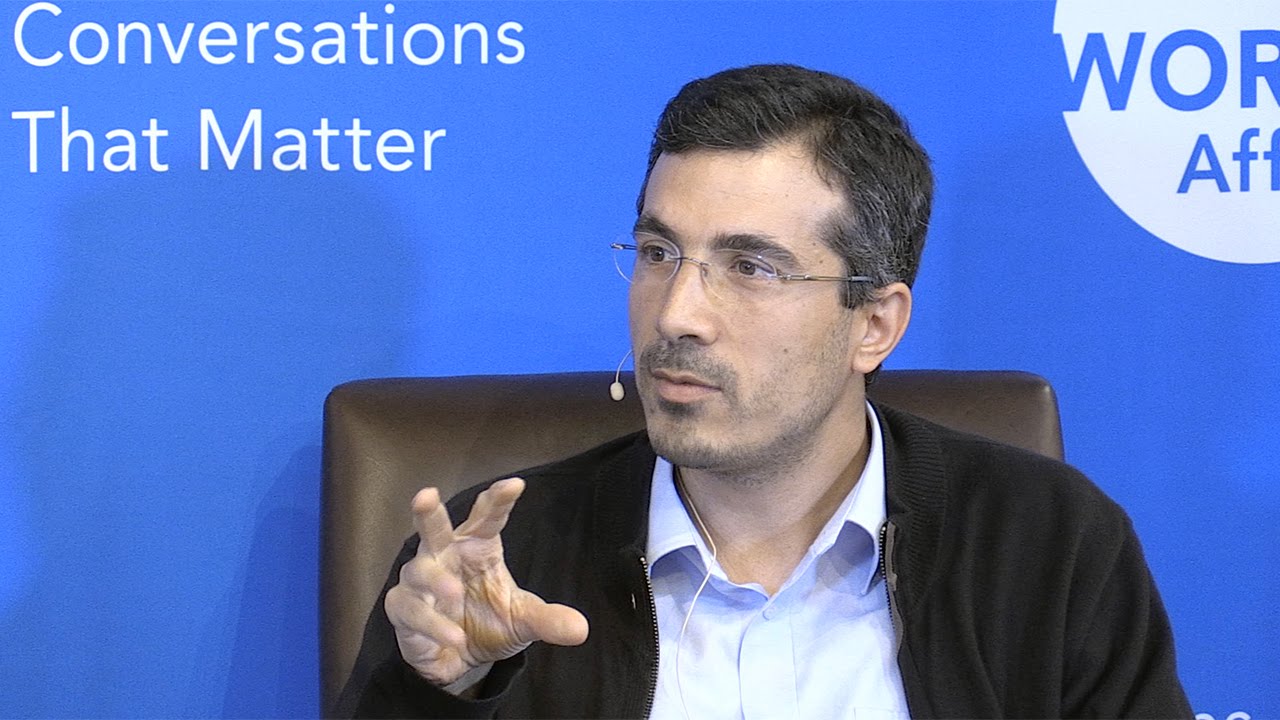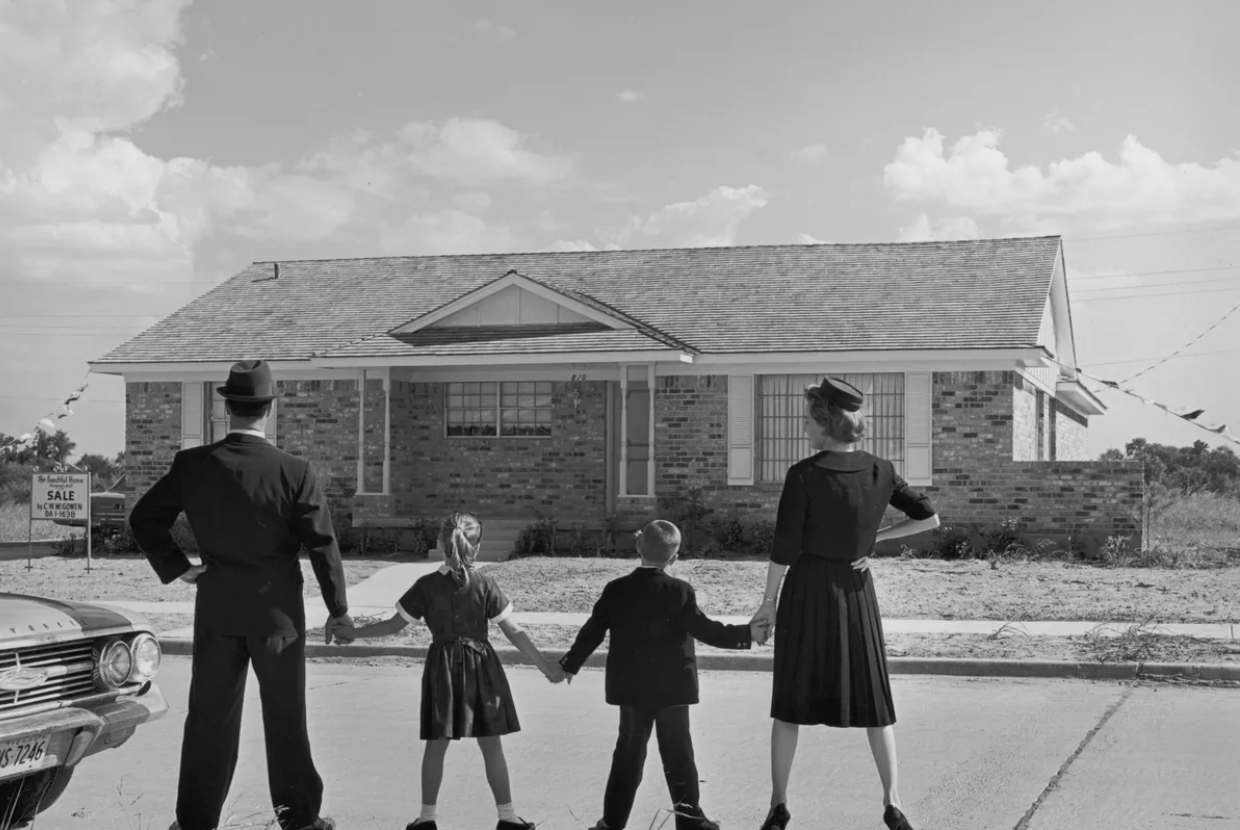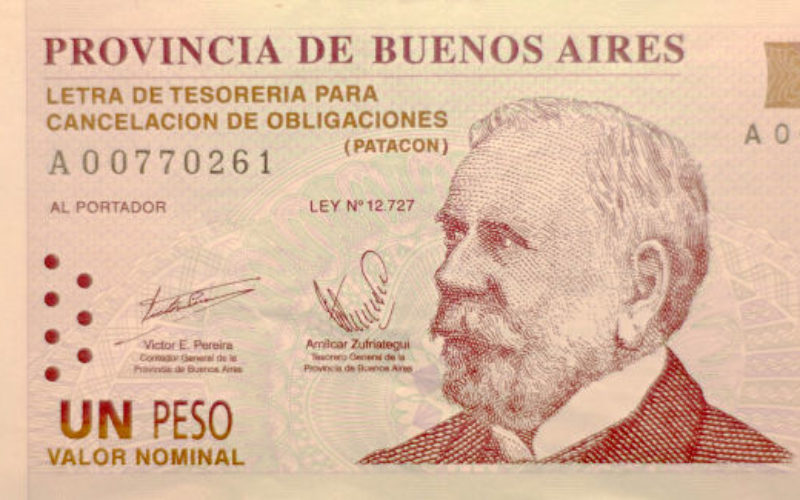
VASSILISA RUBTSOVA – SEPTEMBER 14, 2018
Cihan Tugal is an author and professor of Sociology at UC Berkeley. BER staff writer Vassilisa Rubtsova sat down with Professor Tugal on September 14, 2018 for the following interview.
Vassilisa Rubtsova: Hello Professor Tugal and thank you for meeting with me. I’d like to begin by talking about some of your work a lot of which deals with various aspects of neoliberalism. In your own words, what is neoliberalism?
Cihan Tugal: Let me start with a strong caveat. Neoliberalism is very difficult to define and everybody has a different definition. Some people think the term should not be used and I personally like the concept “advanced liberalism” much better than neoliberalism. However, if I said “advanced liberalism” nobody would understand it. Because of this, there is this general consensus to use [neoliberalism]. So I define neoliberalism through a number of things. One is privatization, especially in countries with a greater public sector share of the economy. This applies less to the United States, but privatization is one big part of [neoliberalism] throughout the world. The second thing is the cutting of welfare services and especially [welfare services] to the lower and middle classes. In neoliberal theory these cuts should be across the board but the way neoliberalism has been applied, there has been a lot of corporate welfare and less welfare for the lower and middle classes so there’s a big disjuncture between neoliberal theory and neoliberal practice. A third element of neoliberalism is fighting the unions and other organizations of the poor and other disadvantaged sectors. Again there’s disjuncture between theory and practice because in neoliberal theory other sorts of organizations of the rich should also be fought. If you read the work of libertarian and neoliberal theorists, they’re also against very powerful monopolies and other organizations of the rich. But the government and the regimes neoliberals have supported have not fought the organizations, lobbies, and monopolies of the rich. So I would see these three as the main elements and then there are some subsidiary elements of the definition [of neoliberalism] like decentralization of the government. But again, in theory it’s purer than in practice.
VR: In your book Caring for the Poor you focus on Turkey and Egypt and how the countries liberalized. Could you elaborate on why you chose these countries and why they liberalized the most out of the other countries in the Middle East?
CT: Actually a lot of countries were liberalized in the Middle East. The reason I ended up contrasting Turkey and Egypt had to do with a host of factors and in another book [The Fall of the Turkish Model] I contrast four cases including Tunisia and Iran. What I call the Turkish model is this combination of liberal democracy, neoliberalism, and Islamic conservatism. Both liberals and conservatives, at least mainstream ones, had been pumping this model to the rest of the Middle East. They had been saying, “We know we’re allies with Saudi Arabia but we like Turkey more and the rest of the countries in the Middle East should follow Turkey in combining liberal democracy, neoliberalism, and Islamic conservatism. This is the best way to go because it’s aligned with people’s cultures. And it will be a success story if it is followed.” My book is about how pushing for this model in the rest of the Arab world failed, especially during the Arab Spring. The hope of Washington D.C. was that, following the Arab Spring, they could really push for this agenda. But their plan backfired horribly and at the same time the model started to decline in Turkey too. There’s still some neoliberalism but the state is far more oriented towards Islamic conservatism than being democratic. So there’s still this combination [of the three elements of the Turkish model] but not in the way that anybody in Washington likes. Neither Democrats nor Republicans like the current version. But what’s special about Egypt and Turkey is that Egypt developed what later in the 20th century became the most organized and mainstream of Islamic conservative organizations throughout the 20th century (though not presently), the Egyptian Muslim Brotherhood, a group which was the paradigmatic Islamist organization when it was founded in the 1920s and became a huge organization by the 1940s and 1950s. I thought I should study this organization and see what it has to say about [Egypt’s] economy, globalization, et cetera. Interestingly, the Muslim Brotherhood was what can be termed an Islamic socialist organization in the 1950s and it has gradually shifted to Islamic neoliberalism. But it never truly made up its mind until the rise of the Turkish model. We see this interesting transition at the end of the 20th century where the ideological leadership of the global Islamist movement passes from Egypt to Turkey and that’s one reason why I compared the two countries. The Muslim Brotherhood was setting the agenda everywhere and then came the Turkish modelists with their pro neoliberal, pro globalization stance and started setting the trends in the 1990s.
VR: Continuing on the topic of neoliberalism in Turkey and Egypt, in your book Caring for the Poor, you talk about Islamic charitable organizations. Why did these organizations become so relevant as these countries neoliberalized? And what role have they played in the poverty rates in those countries as they neoliberalized?
CT: In order to answer these questions effectively let me further define the relationship between neoliberalism and welfare. My simple dictionary definition was about cutting welfare but both theoretically and practically, the relationship between welfare for the poor and neoliberalism is really complicated. [Neoliberal thinkers] are really complex thinkers and the regimes they’re supporting are very complex regimes. They did not simply destroy welfare; they combined welfare and workfare. What that means is that you do not just stop giving money to the poor. When or if you are giving money to the poor, you monitor their lives so you know they spent it responsibly and ideally this responsibility means not just spending away this money but also investing it so that you won’t be poor in say ten years. This was the goal of neoliberal welfare and workfare. And in doing this, especially in practice, these regimes did not create this game of new welfare from scratch. There were organizations, especially conservative Christian organizations, who had been doing something similar for decades. My prototype is Salvation Army. The Salvation Army had been transforming charity and philanthropy in this neoliberal direction. After Reagan and especially after Clinton, this becomes the primarily neoliberal idea on welfare. They promoted cooperating with organizations such as the Salvation Army to push and monitor the poor so they spend more responsibly. It’s subject creation; it’s not just giving money but it’s also recreating the poor so that they won’t be poor anymore. Instead, they will be entrepreneurs in their own right. And this is what Egyptian and Turkish Muslims and especially those that had visited or had interacted with the United States, Canada, and Britain started to do in their own countries. They said the [United States, Canada, and Britain] were doing something wonderful with their welfare and we should do the same in [Turkey and Egypt]. What differentiated Turkey and Egypt was that the Egyptians started to do this but the regimes didn’t cooperate because the regimes were still secular and they had this more simplistic idea on how to reform the economy the liberal way. They were just cutting welfare, they weren’t transforming welfare. They fit in more with this shallow dictionary definition of neoliberalism. Meanwhile the Turkish regime was way more complex. It was more like the American regime in that regard. So it did blend cutting welfare with this transformation of welfare. It cooperated with Islamic cooperative charities not in just providing for the poor but in transforming the poor in this neoliberal direction.
VR: Interesting. And so did this assist in preventing the negative impacts that sometimes come with neoliberalizing an economy?
CT: Yes it did. It did impact the economy. Here’s a thing some critiques of neoliberalism do not get. They think it’s just a horror story for the poor but then they don’t understand why a lot of poor people, not all poor people, but a lot of poor people such as the white workers in the United States support neoliberalism. Partially the poor voting for the Democrats too. Why would they support the neoliberalized Democratic party? Well because both parties deliver economically, at least partially, in the United States. This applies to Turkey, not to Egypt, but to Turkey as well. So the conservative party [in Turkey], the Justice and Development Party, did partially improve the lives of some of the poor. There were poor populations they were openly against such as the religious minorities. But they did want to help the Sunni majority among the poor and the general population. And the party definitely did help the Sunni poor. In a very specific way though. Not giving stuff but rather controlling, monitoring, and transforming [the poor] while giving to them. This was conditional, means-targeted welfare for the poor.
VR: I see. And also in Caring for the Poor, you use the United States as a case to compare to Turkey and Egypt and so what trajectory do you see neoliberalism taking in the United States during Trump’s presidency and after?
CT: Yes this is a very good question but the short answer is we really don’t know yet. If you just take the presidential campaign and then the inauguration speech it sounds very anti neoliberal. There is neoliberal populism but in his speeches and during the campaign, his version was anti neoliberal populism. But the thing is, presumably, Steve Bannon was the person behind the campaign and it appears that he helped write the inauguration speech but now Bannon is out of the picture and he was dismissed from the White House roughly a month after he declared that there were going to be tax hikes on the rich. So [he declared the tax hikes] in July of 2017 and was dismissed in August of 2017. He had to fight the neoliberal agenda to implement his economic nationalism-what he terms economic nationalism. And let me explain what that means. It’s like a more conservative version of the New Deal. Or a more consciously white version of the New Deal. Because the New Deal was already geared toward white people but it was not self consciously pro white. It was pro organized labor and organized labor happened to be mostly white. This racial relationship between the New Deal and the working class is very complex and the more this became clear, the more Lyndon B Johnson wanted to correct these racial wrongs of the New Deal. And that’s when the Democratic Party started losing the white working class vote. And that’s where Bannon comes in. He wanted to stick with the original white centered New Deal but in a more self conscious way. And of course he’s far more racist than Roosevelt and the Democratic party of [Roosevelt’s] time. Bannon’s vision for the Republican party is a combination of Jacksonian democracy- Jackson’s populist and anti rich but strongly white Democratic party of the 1830s and 40s. But that country is gone because that was a farmer’s country, The question becomes how do you implement that in the 21st century? Well a part of Bannon’s answer was through something like the New Deal. But what he lacks a complete vision of is what the 21st century New Deal would look like. [Bannon] doesn’t have an answer to that. It’s like a more expanded version of Roosevelt’s reforms which doesn’t mean much economically. So he didn’t have a complete answer and I think that is one of the reasons-definitely not the only reason-but one of the reasons why he was so easily pushed out of the White House. He didn’t have a whole vision as to what he could do with the economy. So we are back to something like neoliberalism but there has been too much disruption and neoliberalism is no longer that easy to carry out. We think the [neoliberal] crisis is over but the effects are everywhere. The 2008 crisis effects are still here. The bare numbers mislead us; it seems that the crisis is over if you look just at the stock market numbers and GDP. If you look at [wealth] inequality, if you look at people who are not looking for work versus the bare rate of unemployment then we’re still in the middle of the crisis. It is neoliberalism that brought us this crisis so you can’t carry on these [neoliberal] policies without destroying the country. This is what both parties are sort of aware of but they have no alternative so they’re just muddling through all of this. They don’t know what to replace neoliberalism with. The only concrete global alternative is Chinese state capitalism and we know we’re not going there. The political structure of the country would not permit something like Chinese state capitalism. So there has to be something else but we don’t know what that is. The two parties especially don’t know what that is. So the only thing sort of floating around is this expanded version of the New Deal whether it’s Bannon’s white version or a more revised LBJ version as in the case for many Democrats. But when it comes to really solid plans people lack those solid plans.
I think this is where the fall of the center comes from and where all of these attacks from outside the two established parties are coming from and that’s why there is this rise of the Democratic Socialists of America. But at this point, they also seem to be lacking a clear alternative. What they mean by socialism, at least at this point and at least by the mainline of the DSA, is just another version of an expanded European democracy- which is again, not too different from the New Deal! Perhaps a more democratic and perhaps a more sensitive version of the New Deal. But it is not clear that that would work in the 21st century. I’m not saying it wouldn’t but it’s not clear, it’s not out there as a solid program. That’s where I think both economics as a discipline and the economics of sociology will both have to weigh in to map out new versions of what a post neoliberal and post New Deal economy would look like.
VR: To follow up on that, I personally can potentially see a revised version of the New Deal taking the place of 21st century neoliberalism and if it would take the place of neoliberalism how would this economic system fit into the United States democracy and constitution?
CT: I don’t think the answers are out there. I don’t think people are thinking of alternatives. I think there are good books to read and good debates to follow but there isn’t something like “read Schumpeter or read Marx and they will give you all the answers”. There isn’t anything like that, whereas people in the 1920s and 30s thought there was something [already written with the answers]. Someone like Keynes had his answers and his answers worked for 50 years or so but now they do not work. But all of the reasons that set limits to Keynesianism are still out there and because of that I don’t think an expanded version of the New Deal would work. I am still arguing, I would like to emphasize, that both neoliberalism and Keynesianism/New Deal are not fit for the 21st century. But what is!? That is the question. Here I should add one more thing that’s not fit and that’s state socialism which was tried out in Eastern Europe and in China. I don’t think that’s the answer either even though I do think we underestimate the degree to which it has worked. I think just like Keynesianism and neoliberalism it has worked for a few decades but it’s not a long term solution. So we have to find something other than these three. My personal way out is more along the lines of an more autonomous, a more people’s socialism rather than state or state/corporations based social democracy. That means more cooperatives, more self regulation, more autonomous units and this doesn’t mean either the market or the state needs the be killed like in extreme versions on the left. I don’t think that’s possible. But I do think the market and the state should be subordinated to things like cooperatives and self regulating factories, companies, et cetera.
VR: Interesting. Again, I want to thank you so much for taking the time to meet with me.
CT: Of course.



